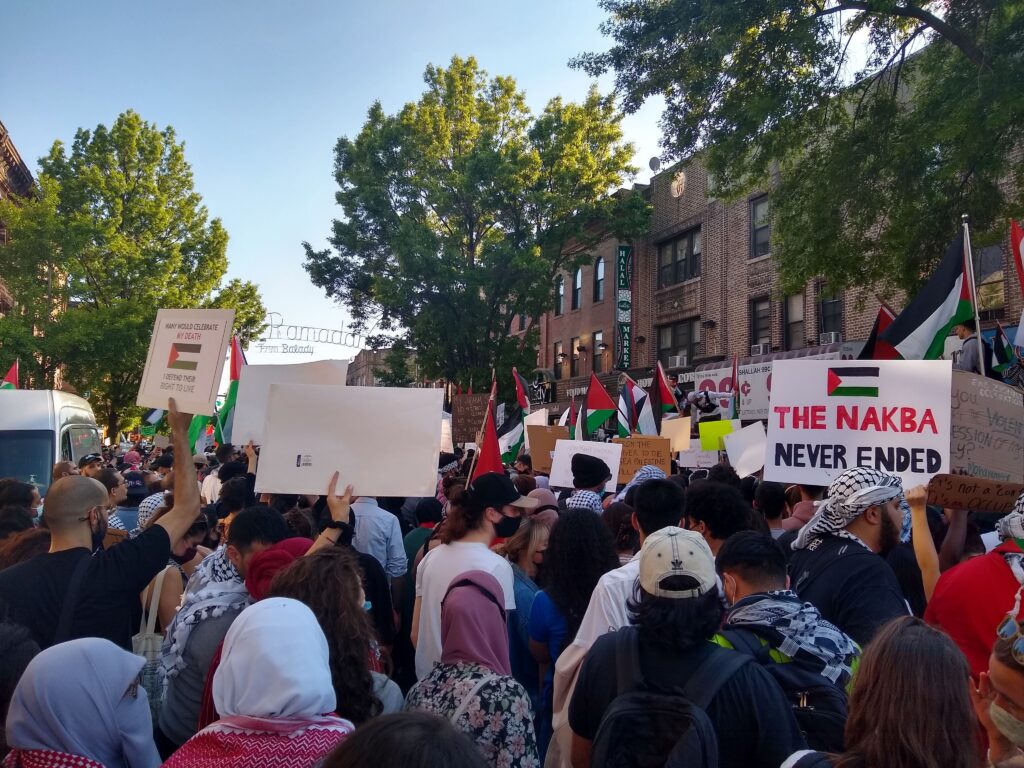by Ami Xherro
While language is instrumentalized in all facets of life, the hegemonic knots formed by a major language like English offer rich possibilities in deforming and deconstructing it. One way of doing so is through translation. When I begin to think of translation as a refractive prism of language, it becomes a listening form. Translational praxis becomes a practice of listening where no conversation is privileged to a subject. Louis Wolfson, the French schizo-linguist introduced to greater audiences by Gilles Deleuze, had such a revulsion to his mother tongue (and mother) that upon hearing or reading any word in English, he instantly and homophonically translated the words that crossed him into French, German, Hebrew and Russian. For Wolfson, listening carried with it a danger so grave that he had to divest himself from his inheritance altogether.
The act of listening hems the outer limit of the body with that which is beyond it, but which can still be indistinctly heard, and which still affects the body, unconsciously.
The following are four exercises in experimental translation grounded in listening. They are attempts at withdrawing from the imperative of meaning in communication and insisting rather that meaning is always swimming somewhere across the legible surface of words. More importantly, they are practices of delaying the sensible territories of the body to explore the insensibilities that surround it.
Continue reading “Four Exercises in Experimental Translation”


